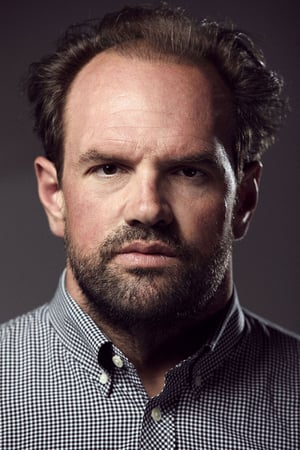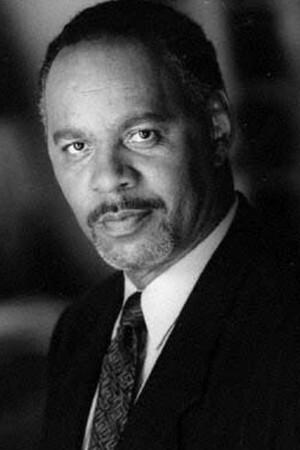⭐⭐⭐⭐
Rating: 4 out of 5.This movie hurt my brain—but in the best way possible. I can’t even pinpoint any flaws because the plot twists, loops, and folds in on itself so brilliantly that by the end, everything clicks into place with terrifying precision.
The concept is ridiculously good: A 20-something man (played by a stellar Ashton Kutcher) discovers he can revisit his childhood memories and alter the past. But here’s the catch—every tiny change triggers catastrophic ripple effects in the present. Move a toy? Someone dies. Stand up to a bully? Your life unravels. Forget the rule that no action is too small to rewrite fate, and you’re in for chaos.
What makes this film phenomenal is how airtight the storytelling is. Every throwaway moment—every blackout, every seemingly random detail—matters. By the finale, you’ll gasp as the puzzle snaps together. I literally fell back in my chair during the twists, equal parts shocked and awed by the revelations.
Why It Works:
- Concept: A genius spin on time travel that actually respects cause-and-effect. No lazy loopholes.
- Acting: Kutcher delivers a career-best performance, balancing vulnerability and desperation. The supporting cast (Amy Smart, Eric Stoltz) kills it too.
- Technical Craft: For a 2004 film, the effects hold up surprisingly well—no dated CGI distractions.
- Rewatch Value: You’ll need to see it twice to catch all the breadcrumbs the first time around.
The Mindf* Factor:**
Yes, it’s confusing—intentionally. Like Inception meets Donnie Darko, it demands your attention. But the payoff? Perfect. The ending is haunting, inevitable, and exactly what the story needed.
Final Verdict: If you love films that challenge you—that demand you piece together a fractured timeline while punching you in the gut—The Butterfly Effect is a must-watch. Just be ready to question every choice you’ve ever made afterward.






































Great post! We are linking to this great content on our website. Keep up the good writing.